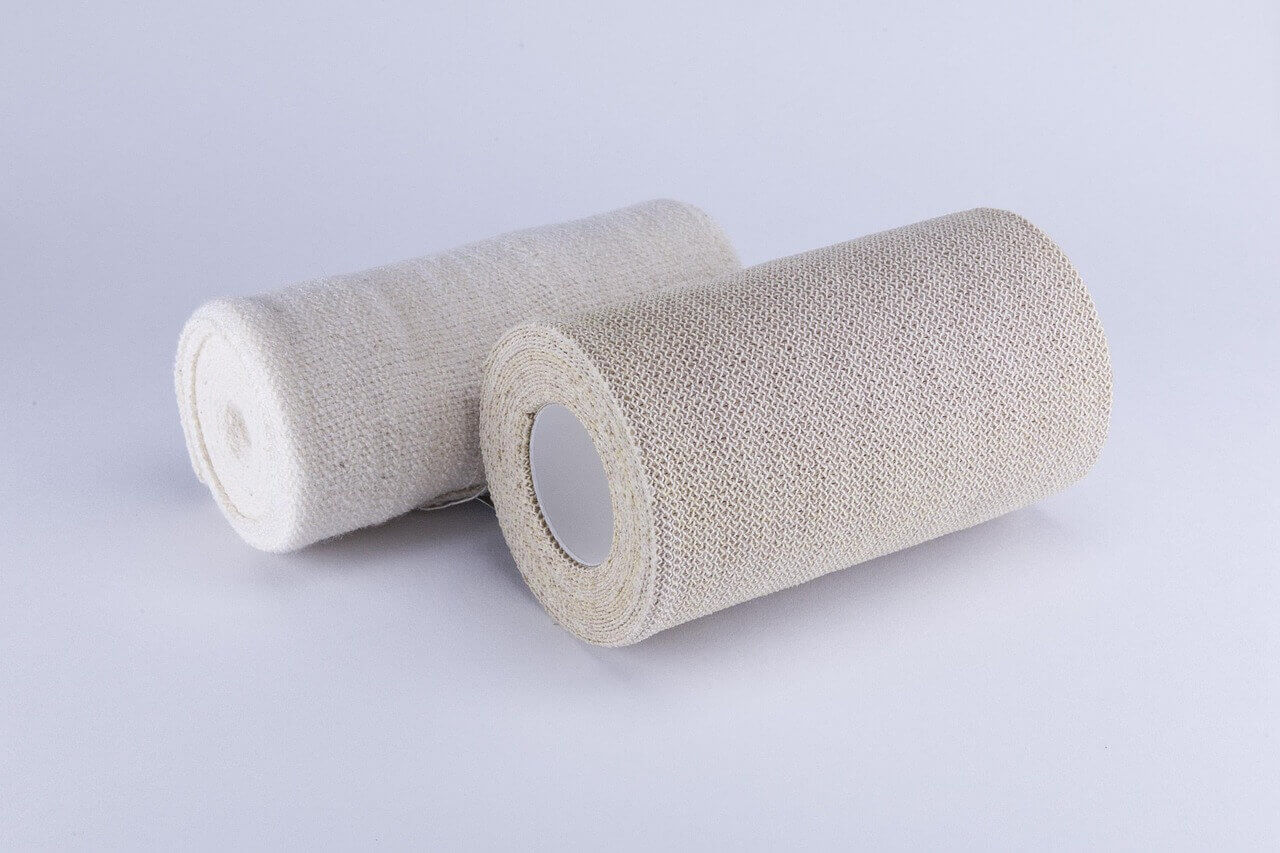If you’re struggling with painful foot warts, you may be searching for natural remedies for verrucas that actually work.
Verrucas, also known as plantar warts, are caused by the human papillomavirus (HPV) and often appear on the soles of the feet. They can be uncomfortable, unsightly, and sometimes stubborn to get rid of.
While chemical treatments and freezing methods are available, many people prefer natural remedies for verrucas because they are gentler on the skin and easier to try at home.

What Are Verrucas?
A verruca is a type of wart that develops when HPV infects the skin through small cuts or breaks, in damp environments like swimming pools, gyms, or communal showers.
Unlike regular warts, verrucas tend to grow inward due to the pressure of walking. They may appear as flat, hard patches of skin with tiny black dots inside (clotted blood vessels) and can cause discomfort, especially when standing or walking.
Common causes of verrucas include walking barefoot in public places, having a weakened immune system, or coming into direct contact with infected skin.
Recognizing the symptoms early not only prevents spreading, but also gives you a better chance of success when using natural remedies for verrucas.
Why Consider Natural Remedies?
Conventional treatments like salicylic acid or cryotherapy can be effective but sometimes lead to skin irritation, pain, or recurrence. Many people explore natural remedies for verrucas because:
- They have sensitive skin.
- Most ingredients are cheap and available at home.
- They carry fewer risks of harsh side effects.

Top Natural Remedies for Verrucas
Apple Cider Vinegar
Apple cider vinegar is one of the most popular natural remedies for verrucas. Its acidic properties help break down the infected skin tissue.
To use it, soak a cotton ball in vinegar, place it on the verruca, and secure it with a plaster for overnight use.
Repeat daily until the verruca softens and eventually peels away. Be cautious if you have sensitive skin, as vinegar may irritate it.
Tea tree oil
Known for its powerful antiviral and antiseptic properties, tea tree oil can target the virus causing verrucas. Dilute a few drops with a carrier oil (such as coconut oil) and apply directly to the affected area twice a day. Regular application may reduce the verruca’s size and prevent spreading.
Garlic
Garlic contains allicin, a compound with strong antiviral and antimicrobial effects. Crush a fresh clove and apply it directly to the verruca, covering it with a bandage. Leave it on for a few hours daily.
Some people report visible improvement within weeks, though garlic can cause mild skin irritation if used for too long.
Banana peel
Banana peels are rich in enzymes and natural acids that may help dissolve verruca tissue. Simply cut a small piece of banana peel and tape it (white side down) onto the verruca before bedtime.
Consistent use over several weeks may gradually shrink the wart.
Duct tape method
Although not strictly a “natural” substance, duct tape is often paired with home remedies for verrucas. Cover the verruca with tape for six days, then remove it, soak the area in warm water, and gently file away dead skin.
Applying tea tree oil or aloe vera afterward may improve results.
Aloe vera
Aloe vera is soothing and has antiviral properties that can support the body’s natural healing process. Apply fresh aloe vera gel directly to the verruca and cover it with a bandage. Use daily until the verruca starts to shrink and soften.
Preventive Measures
Prevention of verrucas is just as important as treating them. Here are simple steps to reduce your risk of recurrence:
- Keep your feet clean and dry.
- Always wear flip-flops in communal showers, gyms, or pool areas.
- Avoid sharing towels, shoes, or socks.
- Boost your immune system with a balanced diet, enough sleep, and regular exercise.
- Never scratch or pick at verrucas, as this can spread the virus to other areas.
When to see a doctor
While natural remedies for verrucas work for many people, there are times when professional help is necessary. See a healthcare provider if:
- The verruca is spreading rapidly or multiplying.
- It becomes extremely painful or interferes with walking.
- There is no improvement after several weeks of consistent treatment.
- You have diabetes, poor circulation, or a compromised immune system.
A doctor may recommend stronger treatments such as cryotherapy, laser therapy, or prescription-strength solutions.

Frequently Asked Questions About Natural Remedies for Verrucas
How long do natural remedies for verrucas take to work?
Natural treatments usually take several weeks of consistent application. Some people see results in 2–4 weeks, while stubborn verrucas may require 2–3 months. Patience and regular use are key.
Can verrucas resolve on their own without treatment?
Yes, verrucas can sometimes disappear on their own as the immune system fights the virus, but this can take months or even years. Using natural remedies may help speed up the process.
Are natural remedies safe for children?
Most natural remedies, like banana peel and aloe vera, are gentle and safe for children. However, stronger options like apple cider vinegar or garlic may irritate sensitive skin. Always test on a small area first and consult a doctor if unsure.
Do verrucas spread to other parts of the body?
Yes, verrucas are contagious and can spread through scratching, picking, or walking barefoot. That’s why it’s important to cover them and maintain good foot hygiene.
When should I stop using home remedies and see a doctor?
If the verruca is painful, spreading, or not improving after 6–8 weeks of natural treatment, it’s best to seek professional advice. People with diabetes, poor circulation, or compromised immunity should always consult a doctor before self-treating.
Conclusion
Verrucas can be frustrating, but you don’t always need harsh chemicals to treat them. There are plenty of natural remedies for verrucas that may help shrink and remove these stubborn warts.
The key is consistency, patience, and maintaining good foot hygiene to prevent reinfection. If natural remedies for verrucas don’t bring relief, don’t hesitate to consult a doctor for further treatment options.
Take small daily steps with these remedies, and you may find yourself walking comfortably again, free from verruca pain.


You must be logged in to post a comment.